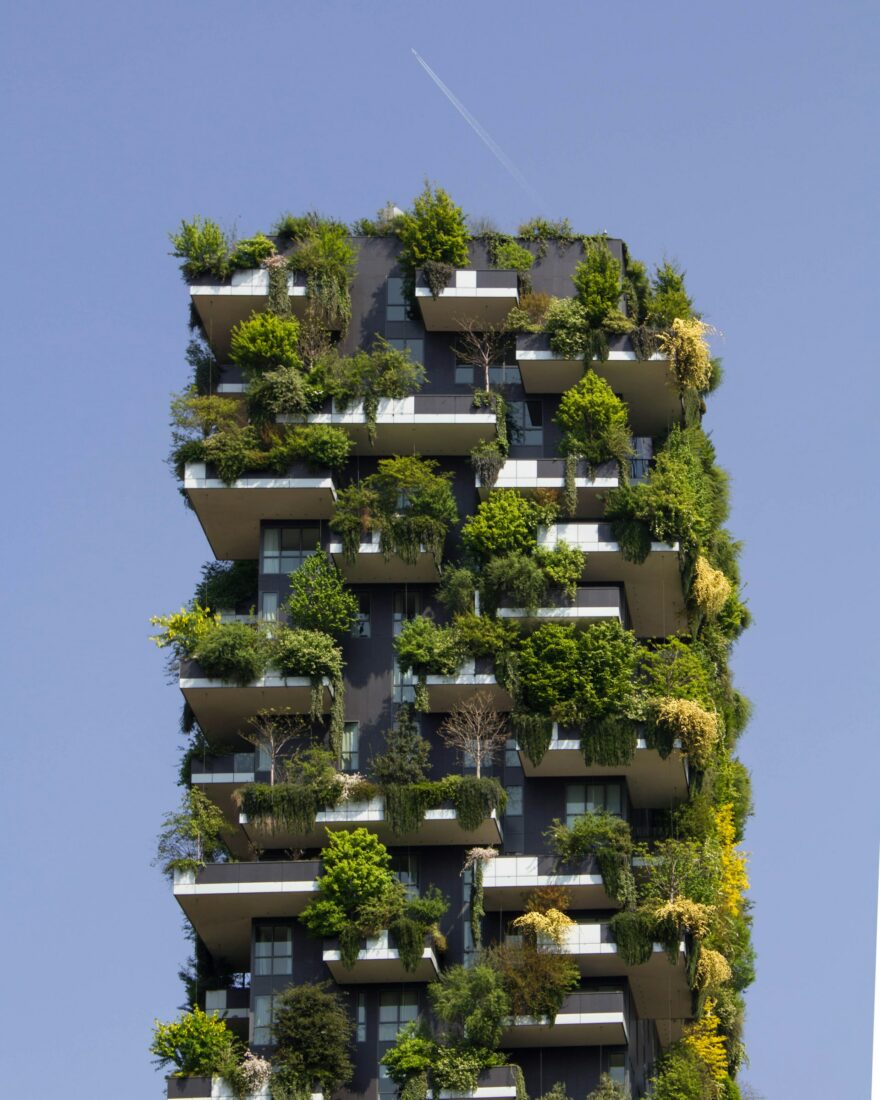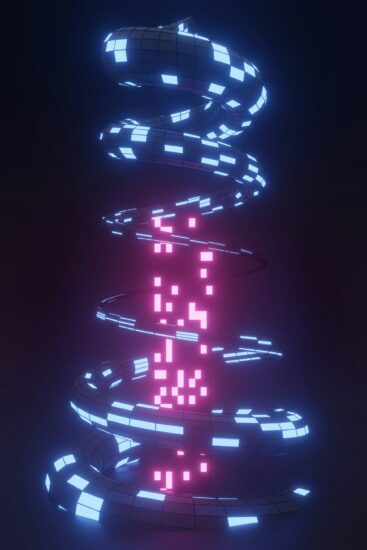
The circular economy fresco: Identifying levers for action
You’d like to identify concrete levers for action to get things moving in a circular economy.
Accueil » Trainings » Ecological Transition training » Ecological Renaissance Workshop: UNDERSTANDING WHAT THE WORLD OF THE FUTURE COULD LOOK LIKE AND HOW TO GET THERE

Discover the Ecological Renaissance methodology and then apply it to your company, toshed light on the ecological transition project.
The Fresco of the Ecological Renaissance is a contemporary black-and-white version of the Fresco of Good Government, painted by Ambrogio Lorenzetti in 1338 in Siena.
The contemporary fresco imagined by Julien Dossier and designed by Johann Bertrand d’Hy feeds the imagination and sketches out what the “World After” could look like, a sustainable, low-carbon world, in harmony with living beings and in balance with resources.
It’s a great way of thinking about the post-environmental transition.
This fresco provides keys, tools and concrete solutions to get moving.
It doesn’t tell the whole story, but it does provide a pictorial framework.
It’s up to each and every one of us to write the story, adapting it to the constraints and contexts of our territory, and to bring it to life in schools, universities, popular festivals, towns, boards of directors…
On completion of this course, trainees will be able to :
General public
None
3.5h (1/2 day)
On-site at the company’s premises or at the training organization’s premises
Intra- and inter-company
Inter / Presential : 252€ NET tax / participant
Inter / Distanciel : 94€ NET tax / participant
Intra / Presential : 1393€ NET tax / group
Intra / Distanciel: 750€ NET tax / group
Pedagogical tools used :
Teaching method: active teaching: discover, exchange and learn by questioning, experimenting and collaborating in groups and individually, at your own pace.
A three-dimensional approach that alternates between different human dimensions: knowledge, emotions and action.
Technical resources:
Minimum 6 people for inter
Maximum 14 people
..
Pre-course needs questionnaire and learning assessment quiz to better understand the audience’s level and expectations.
Follow-up and support for participants during case studies, exercises, role-playing and in-session tests.
Assessment of knowledge through a Quiz at the end of the course.
Post-training satisfaction and evaluation questionnaire.
Certificate of completion

You’d like to identify concrete levers for action to get things moving in a circular economy.

Would you like to identify ways of reducing the ecological impact of digital technology in your company?

Would you like to know how to run a Biodiversity Mural to help individuals and organizations take up the challenge of life?